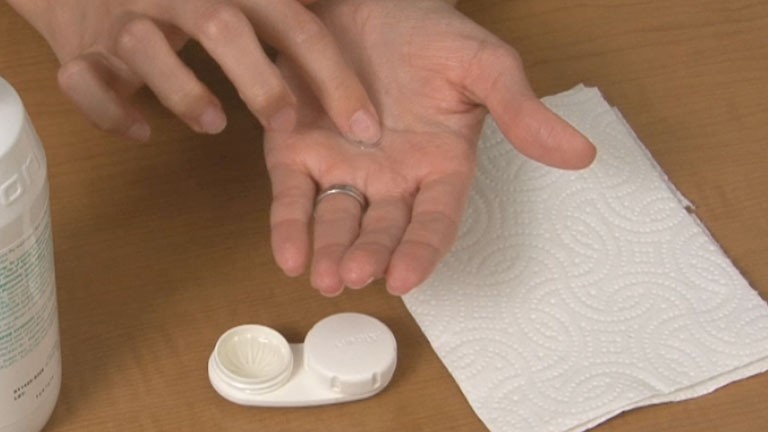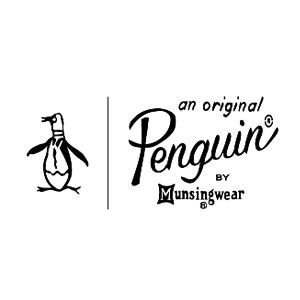Patient Education
Frame Gallery
- Details
- Written by Harbor View Eye Care Team

CHEERS to your ocular health.
Did you know that nutrition plays a vital role in your ocular health?
Cardiologists stress lean meats, red wine, and exercise for your heart health. But what about your eyes? Well, studies show there are distinct food groups that show extreme benefit to the well being of your vision.
Lutein, found in green leafy vegetables such as kale, spinach, and broccoli create an added insulation in your retina against macular degeneration. Yellow vegetables and fruit (squash, yellow watermelon) as well as Omega III supplements (fish oil or flax seed oil) also help boost the pigment cells in the macula to promote crisp vision. As a side note, it is best to purchase molecularly distilled fish oil, and take the pills at night to prevent unwanted GI effects or “fish burp” which occurs with less expensive, non distilled fish oils. Remember, not all fish oil pills are created equally.
What about preventing cataracts you ask? Well, studies have shown that vitamin C found in citrus fruits such as oranges, lemons, grapefruit, and kiwi can slow down cataract formation. Cutting your UV exposure by wearing sunglasses with UV-A and UV-B protection will also help, as well as smoking cessation. You see, cataracts are a clouding of the natural lens of the eye that causes symptoms such as dim vision, glare at night, decreased focusing, and blurred vision.
Macular Degeneration is a condition of the retina in the back of the eye that causes symptoms of loosing the fine detail vision we have been used to, replacing it with a central scotomas or blind spots. Your central vision gets destroyed by this disease. Macular Degeneration is an inherited disease, as well as some cataract formations, so check your family history to see if you are at greater risk.
It behooves you to be aware of these conditions that affect millions of people worldwide, and do your best to incorporate preventative care such as good nutrition, regular check ups with your eye care practitioner, and preventing sun exposure as well as not smoking. Additionally, cooked food devalues the precious live enzymes, so these foods are best eaten raw.
Remember, you can play a vital role in your ocular health. After all, remember Hippocrates, the father of medicine, who said: "Let your food be your medicine and your medicine be your food".
And lastly if you don’t have time to eat all those fruits and vegetables in a day consider a fruit or vegetable smoothie and then drink to your good ocular health!
The content of this blog cannot be reproduced or duplicated without the express written consent of Eye IQ.
- Details
- Written by Harbor View Eye Care Team

Costa Sunglasses: Beyond Polarized Where Glare Goes To Die. Most polarized lenses eliminate glare by blocking reflected light. But Costa's patented 580 lenses go farther, blocking perfect amounts of harsh yellow light while enhancing reds, blues and greens.
The result: less haze, less blur, greater contrast and greater clarity. Available in glass (580G), or a lightweight, impact-resistant plastic (580P), it's like seeing in high definition.
- Details
- Written by Harbor View Eye Care Team

Contact lenses are a popular solution for people who need vision correction. However, you need an extensive eye examination to determine what type of contacts will work best for you. Once you receive your contacts it is important to follow proper steps to ensure that your contacts are clear, clean, moist and undamaged.
It is important to develop a routine when preparing and inserting your contacts. First, wash your hands with soap and water and dry them on a lint free towel. Next, rinse your contact lens with the proper solution to make sure it is clean and free of dust. Then, making sure that your finger is dry, place the lens on the tip of your finger and check to see if the lens is inside out.
The lens should appear to have a U shape. If it is a U shape with the top edges flared out, the lens is inside out. If you do apply the lens inside out it will be uncomfortable, but will not cause any damage.
Once the lens is on the tip of your finger properly you are ready to insert it.
- Details
- Written by Harbor View Eye Care Team
[unable to retrieve full-text content]
Alcon Scientist discusses DAILIES TOTAL1
- Details
- Written by Harbor View Eye Care Team

Motherhood.., the sheer sound of it brings enduring memories. A mother’s touch, her voice, her cooking, and the smile of approval in her eyes. Science has recently proven that there is a transference of emotion and programming from birth and infancy between a mother and her child... a type of communication, if you will, that occurs when the infant looks into its mother’s eyes. So what is this programming? How does it work and what effect does it have on the life of the child? What happens if it never happened to the infant? What happens if the mother is blind? These questions and more can be answered through a term called “triadic exchanges” in which infants learn social skills.
The gaze into a mother’s eyes brings security and well being to the child. When she gazes at another person, it makes the infant look at what she is gazing at, and introduces the infant to others in the world. This is known as a triadic exchange. So now their world is no longer just one person, their mother, but a third party which teaches them the art and skill of organizing their social skills and interaction.
Interestingly, if a mother is blind, it does not adversely affect the child’s development. A study published in the Proceedings of the Royal Society B showed no deficit in their advancement. The sheer fact that the infant looks into the mother’s eyes helps with connectedness and emotional grounding.
Looking into mom’s eyes and face teaches facial recognition and expressions of emotions and is primarily how the child learns in the first few months of life. Additionally, infants tend to show a preference to viewing faces with open eyes rather than closed eyes, thus stressing the importance of the mother or caregiver’s gaze.
Some health benefits to gazing into the mother’s eyes is a lower incidence of autism, or spectrum disorders, better social skills, higher learning capacity, and emotional groundedness.
The beauty of a mother’s gaze is that the child can feel the emotions of love, security, safety, and overall well being by connecting with her through eye to eye contact. This sets the stage for the future development of social skills, visual recognition of people, and their readiness for social interaction in the world.
A big thank you to science and mothers for proving what we already know, that the values in life can be taught to a child “through a mothers eyes” setting the course of proper interaction for life skills and relationships.
References:
1. Kate Yandell, Proceedings of the Royal Society B ,04/10/2013.
2. Maxson J.McDowell, Biological Theory, MIT Press, 05/04/2011.
The content of this blog cannot be reproduced or duplicated without the express written consent of Eye IQ.















